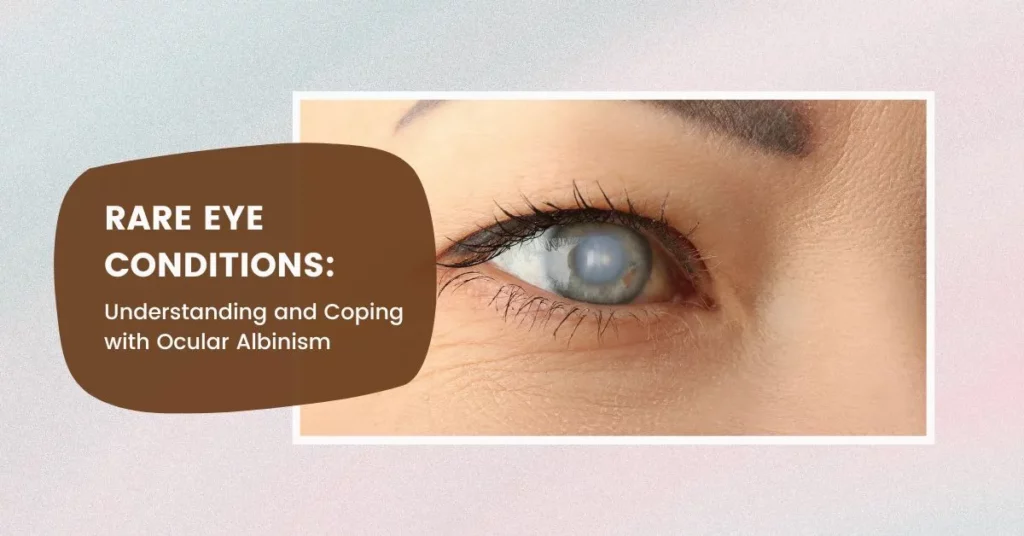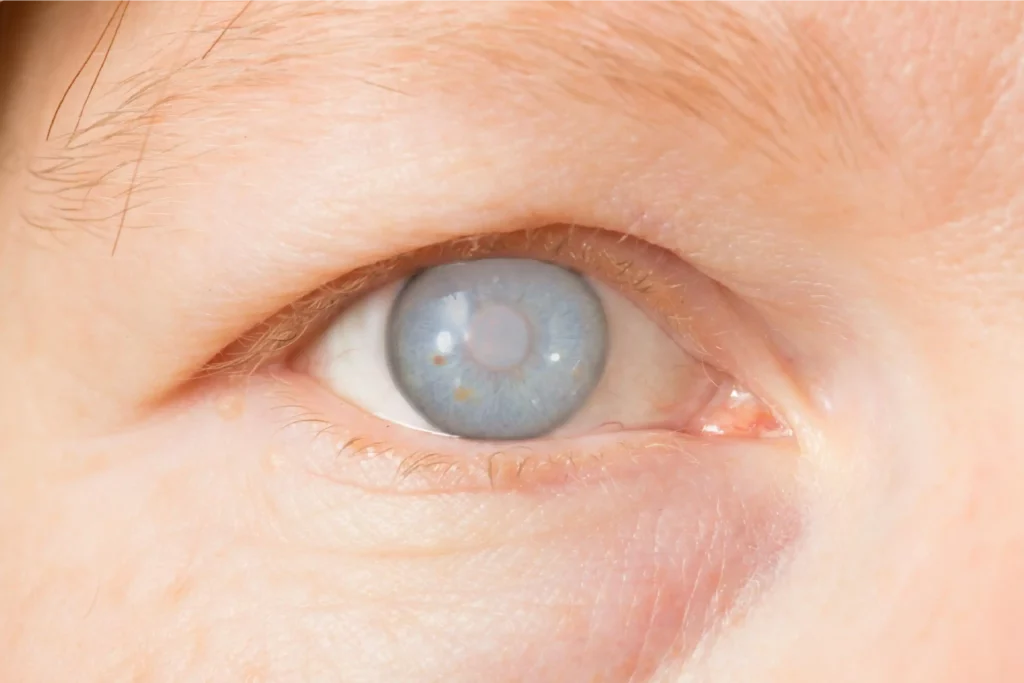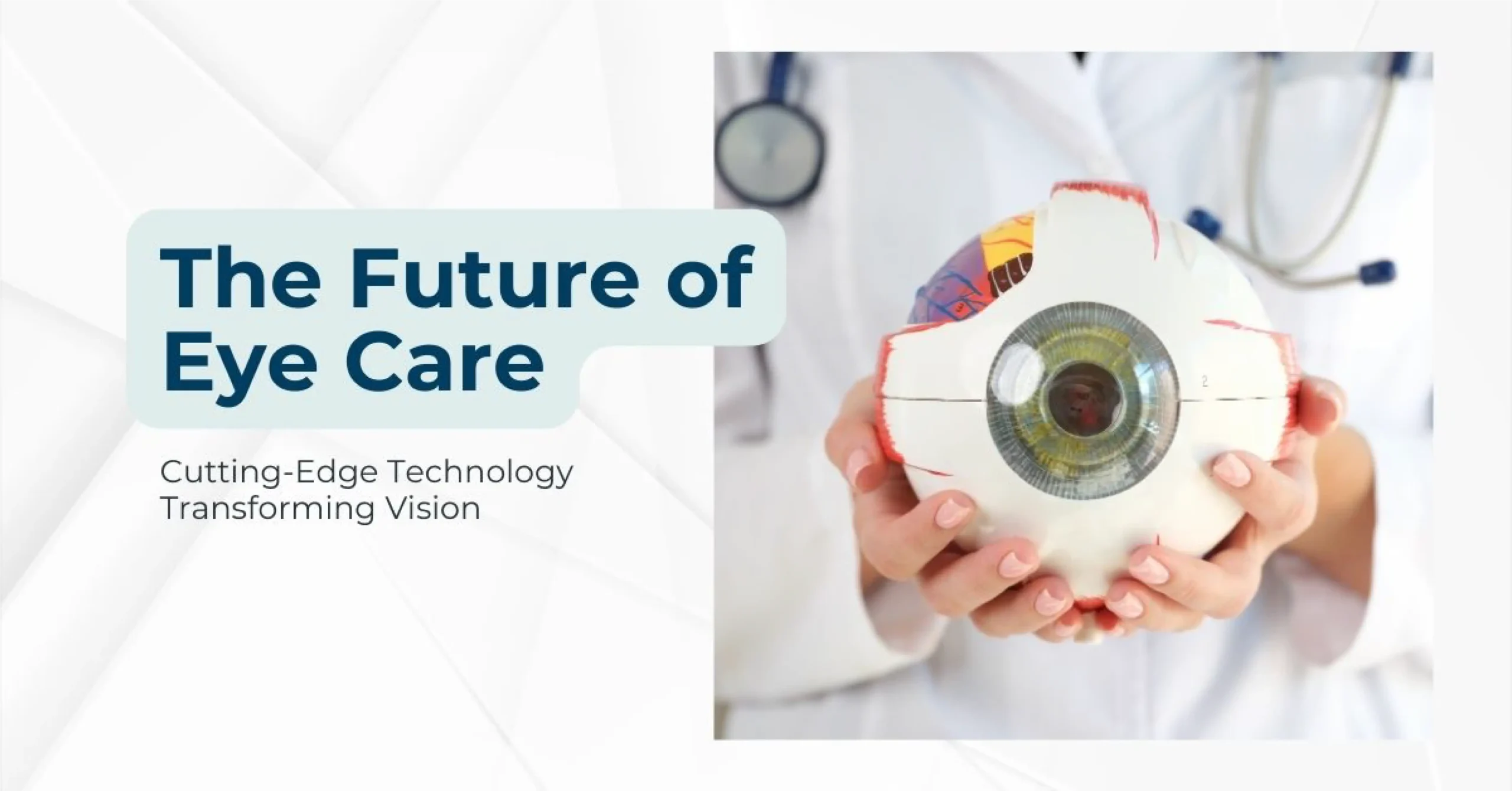Rare Eye Conditions: Understanding and Coping with Ocular Albinism

When it comes to eye health, we often hear about common conditions like nearsightedness and cataracts, but there are rarer eye conditions that require attention and understanding. At Global Eye Hospital in Narsingi, known as the best eye clinic in Hyderabad and a trusted “centre for eye care,” we believe in raising awareness about all aspects of eye health. In this blog, we will shed light on one such rare eye condition – Ocular Albinism.

What is Ocular Albinism?
Ocular Albinism, also known as ocular albinism type 1 (OA1), is a rare genetic eye condition that affects the pigmentation of the eyes. It primarily affects the retina and the optic nerve, leading to vision problems. People with ocular albinism typically have reduced pigmentation in their eyes, resulting in various vision issues, such as decreased visual acuity, nystagmus (involuntary eye movement), and photophobia (sensitivity to light).
Causes of Ocular Albinism
Ocular Albinism is a genetic condition, and it is typically inherited in an X-linked recessive manner. It mainly affects males, as they have only one X chromosome. Females can be carriers of the gene without experiencing the full effects of the condition. The gene responsible for ocular albinism is located on the X chromosome, and mutations in this gene can disrupt the production of pigments in the eye, leading to the characteristic symptoms.
Coping with Ocular Albinism
Living with ocular albinism can present challenges, but with proper care and support, individuals with this condition can lead fulfilling lives. Here are some strategies for coping with ocular albinism:
- Regular Eye Examinations: Visit the best eye clinic in Hyderabad, Global Eye Hospital, for regular eye check-ups to monitor your condition and receive appropriate treatment and visual aids.
- Visual Aids: Depending on the severity of the condition, low vision aids, such as magnifiers and telescopic lenses, can help improve visual acuity.
- Sunglasses: Wear sunglasses with UV protection to shield your eyes from bright sunlight and reduce photophobia.
- Supportive Services: Explore support services and organisations that offer guidance, resources, and assistance for individuals with visual impairments.
- Educational and Occupational Support: Seek educational and occupational support to accommodate your visual needs and ensure you have the necessary tools and technologies for learning and working.
- Emotional Support: Connect with a supportive community and consider counselling or therapy to address any emotional challenges associated with the condition.
Conclusion

In conclusion, ocular albinism is a rare eye condition that affects pigmentation in the eyes, leading to vision challenges. At Global Eye Hospital in Narsingi, a trusted “centre for eye care,” we emphasise the importance of early diagnosis and comprehensive eye care for individuals with rare eye conditions like ocular albinism. With the proper support and resources, individuals with ocular albinism can lead successful and fulfilling lives, managing their condition effectively.
Book your appointment now for all eye-related services.
Your Vision Our Focus


